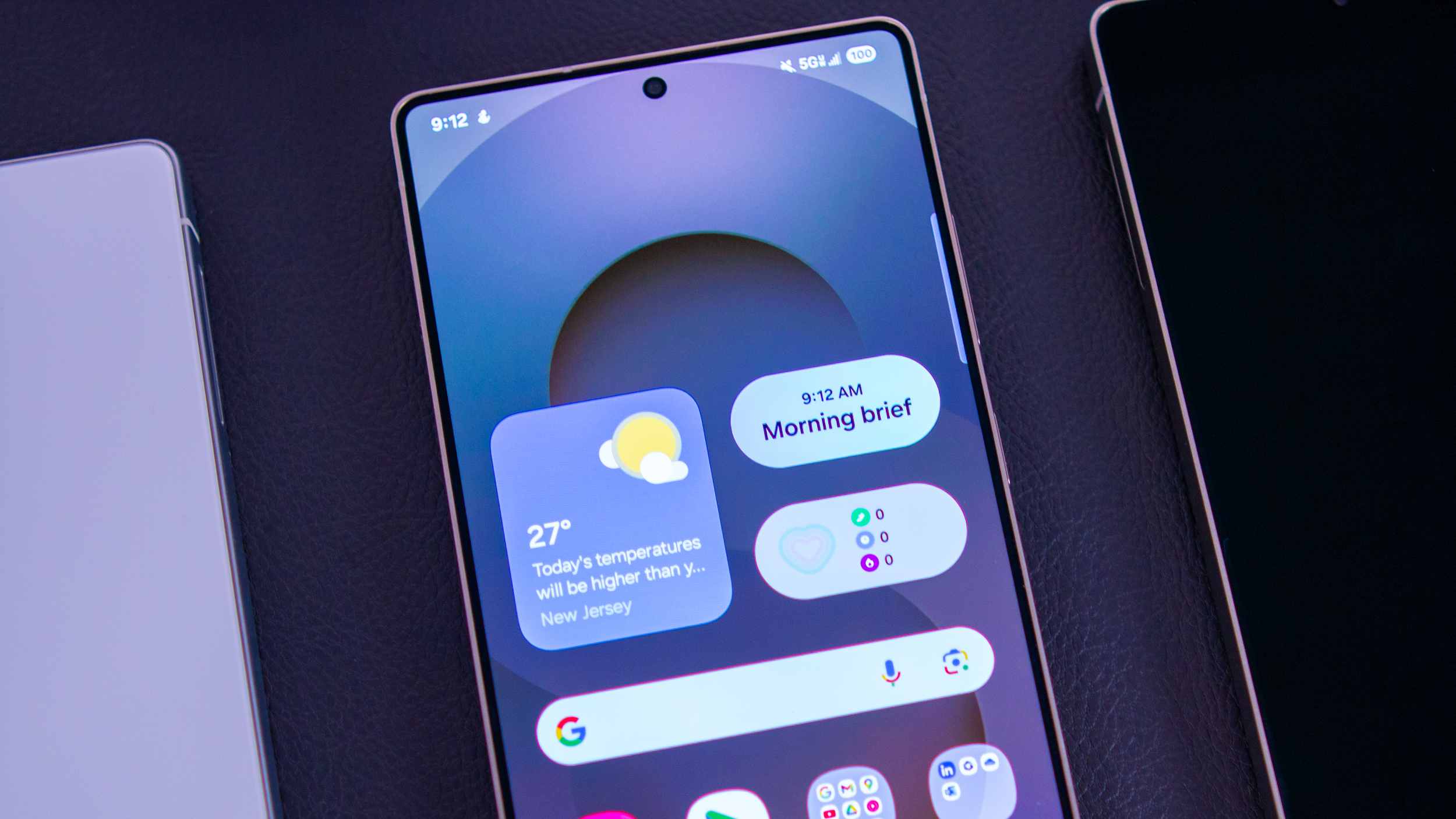Google's too powerful, and Android is about to pay a big price for it

Get the latest news from Android Central, your trusted companion in the world of Android
You are now subscribed
Your newsletter sign-up was successful
A company the size of Alphabet is always going to face the scrutiny of lawmakers in the U.S. and abroad. We've seen it for years — a country or group of countries haul Google into a court and ends up reaching some sort of "agreement" that mostly satisfies the original complaint and always puts money into state coffers and Google walks away whistling. With over 50 U.S. state and territories investigating Alphabet for anticompetitive behavior and compliance with antitrust laws, this time could be a little different. This is a U.S. probe that is determined to find some fault, whether real or imagined.
Yes, some of it is partisan, but mostly it's in response to complaints that Google is such a presence on the internet that other companies can't compete and new companies have no chance of success. That's different from wanting Google to reinforce that you don't have to use Gmail or Chrome on an Android phone (or Internet Explorer on Windows if you remember that one) and there are hundreds of other apps that can be used as the defaults. Android plays a big part in both, though.
In the U.S. Android holds about 50% of the smartphone market share.
The numbers vary a little from quarter to quarter, but in the U.S. about 52 of every 100 phones sold new use Android and 48 use iOS. Those numbers sound like a nice even split until you consider the fact that Google has a huge finger on the online scales by the way of services and advertisement. Everything Google does, including Android, is done to further these because that is how Google earns its billions each year. And because so much is done to make those services and advertisements so important to users almost every device, no matter who manufactures it or what software powers it, is a point of revenue for the company.
That's part of the anticompetitive behavior concerns state attorneys have, but the complaint also states that Google needs to provide information about U.S. market share and list the top 10 competitors for Android. Houston, we have a problem. There is but one real competitor for Android, and if Google tries to list things like Microsoft Windows or Sailfish OS, regulators will not be pleased. Windows does not compete with Android because one is mobile and the other is not, and software like Sailfish OS might be great and more people should try it, but the market share is going to be well under 1%.
From day one, Android has been a conduit towards Google's services.
This is going to matter because Android is nothing but a conduit towards Google services by design. I think Android is a great product and most everyone reading this is going to agree, but we all know why Google gives it away for free yet requires stringent adherence to specific rules if a company wants access to Google services: because that's what makes Android valuable and desirable. Ask yourself if you would use an Android device without any access to Google Play and you'll see what I mean here.
Android holds 50% of the U.S. market because Google has done so well integrating its services. That's by design. The other 50% of the U.S. market belongs to Apple, which also has a tightly controlled ecosystem of services including the App Store. It doesn't even allow other companies to use its software. the difference — and why Apple isn't under antitrust investigation — is because Apple doesn't have the equivalent of Ad Mob, or YouTube, or Gmail, or Search, or Nest, or Waze and you get the picture by now.
Breaking Android away from Google won't solve anything, but it still could happen.
I wouldn't be surprised if at least one of the investigators recommends that Alphabet be forced to spin off Google into its own company or even if Android should be an independent entity. That's not going to solve any of the other issues and probably wouldn't fix anything, but it's a token gesture that shows an official is looking out for constituents by breaking up "big tech" and that's all the rage in 2019. Or maybe Google simply walks away paying a pittance of a fine once again. We just have to wait and see.
Get the latest news from Android Central, your trusted companion in the world of Android

Jerry is an amateur woodworker and struggling shade tree mechanic. There's nothing he can't take apart, but many things he can't reassemble. You'll find him writing and speaking his loud opinion on Android Central and occasionally on Threads.
